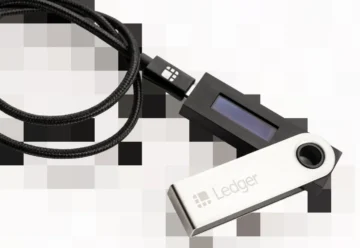Crypto Scammers Use Various Methods to Steal Assets

In recent days, numerous reports surfaced regarding attacks on members of the cryptocurrency community, highlighting the range of methods and tools used by today’s cybercriminals.
Several security incidents were recorded over the past three days, including:
- Crypto exchange BtcTurk suffered a hacking attack. Representatives from Binance assisted in mitigating the consequences by freezing stolen assets worth over $5.3 million.
- A member of the MakerDAO board fell victim to a phishing scam, resulting in the theft of Aave Ethereum Maker (aEthMKR) and Pendle USDe tokens totaling $11 million.
- Analytical service CoinStats temporarily suspended operations following a security breach that affected 1,590 crypto wallets. The extent of the damage is currently unknown.
- Billionaire Mark Cuban reported on X that hackers gained access to his Gmail account and warned followers not to open emails from his address. The post was later deleted.
- Curtis James Jackson III, known as 50 Cent, warned his followers on Instagram that his X account and personal website were hacked. The hackers created the meme coin GUNIT and used his resources to promote it.
- Recorded Future warned about the Vortax malware, disguised as an online conference app. The malware is supported by a blog on Medium and a verified X account with a gold checkmark. Vortax exploits macOS vulnerabilities, draining crypto addresses and stealing credentials for resale.
- Proofpoint warned that hackers use fake error pop-ups in Google Chrome, Microsoft Word, and OneDrive to trick users into running malicious PowerShell “fixes.” These can install crypto miner XMRig, information stealer Lumma Stealer, remote access trojans DarkGate and NetSupport, malware loader Matanbuchus, and botnet Amadey Loader.
It’s important to note that the techniques used by hackers and cybercriminals are constantly evolving, incorporating sophisticated social engineering tactics and technological innovations. In response, major tech and cryptocurrency companies recently formed the Tech Against Scams coalition to protect users from online fraud and promote a safer digital environment.











